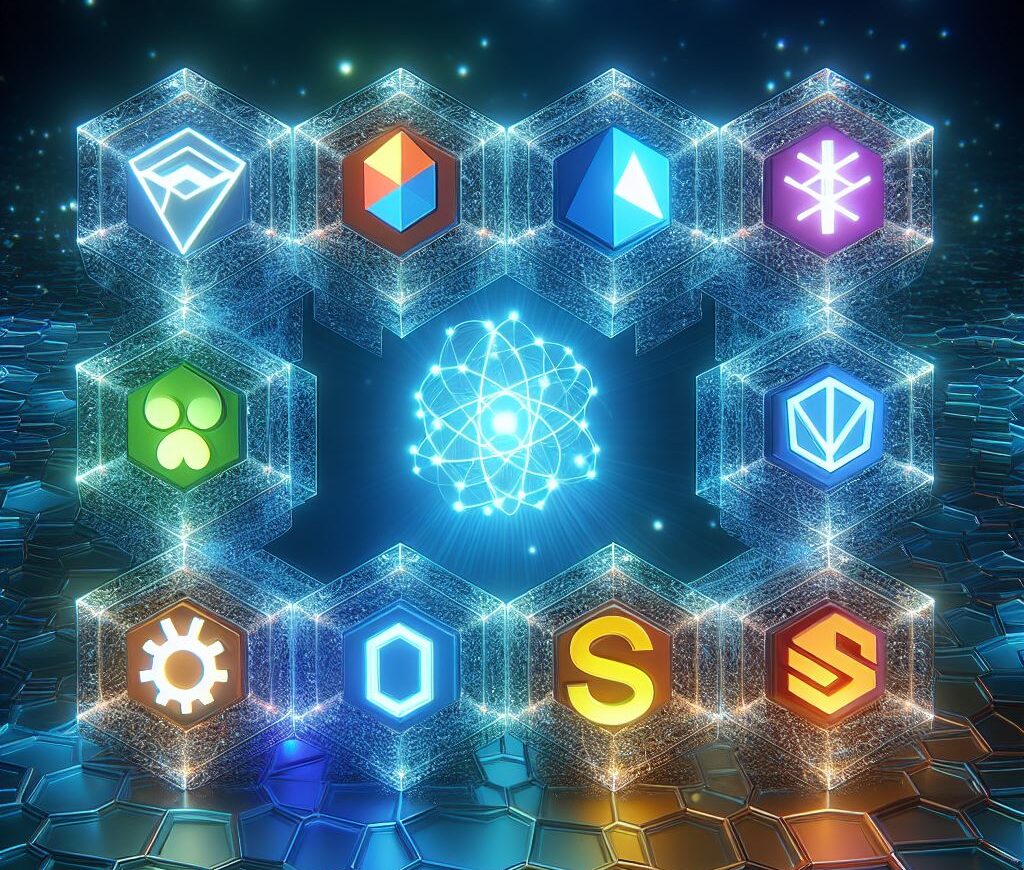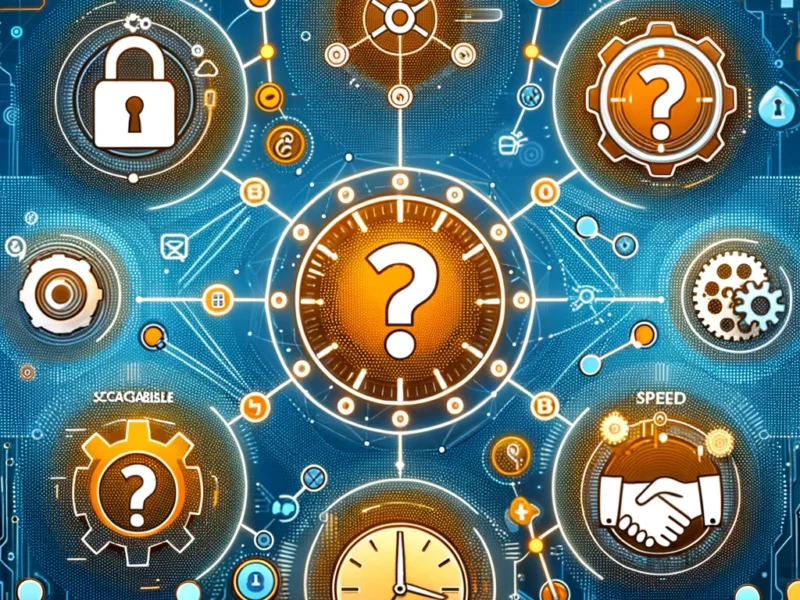As blockchain solutions become more popular, the demand for skilled developers is rising. In this article, we’ll discuss the top 10 programming languages used in blockchain development.
Top 10 Blockchain Development Programming Languages
1. Solidity
Solidity is the most widely used language for developing smart contracts on the Ethereum blockchain. It is a statically typed language that allows developers to create and deploy decentralized applications (dApps) on the Ethereum Virtual Machine (EVM). Solidity’s syntax is similar to JavaScript, making it accessible for developers familiar with C-style languages.
2. Go (Golang)
Go is a popular choice for building blockchain infrastructure and tools due to its simplicity, efficiency, and strong support for concurrency. It is used in the development of Ethereum clients like Geth and Hyperledger Fabric, a popular enterprise blockchain framework. Go’s performance and ease of use make it a suitable language for building scalable and reliable blockchain systems.
3. Rust
Rust is known for its focus on safety, concurrency, and performance, making it an excellent choice for developing low-level blockchain components. It is used in the development of the Parity Ethereum client and the Solana blockchain. Rust’s memory safety guarantees and high-performance capabilities make it a powerful language for building secure and efficient blockchain systems.
4. C++
C++ is a powerful language used in the development of blockchain platforms like EOS and Qtum. Its low-level control and high performance make it suitable for building high-speed blockchain nodes and consensus algorithms. C++’s flexibility and support for object-oriented programming make it a versatile choice for blockchain development.
5. Move
Move is a new programming language developed by Meta (formerly Facebook) for the Diem blockchain. It is designed to be safe, flexible, and resource-oriented, making it suitable for building secure and efficient smart contracts. Move’s focus on resource ownership and resource-oriented programming makes it a unique language in the blockchain development space.
6. Motoko
Motoko is a programming language developed by the DFINITY Foundation for building decentralized applications on the Internet Computer blockchain. It is designed to be easy to learn and use, with a focus on safety and concurrency. Motoko’s integration with the Internet Computer platform makes it a suitable choice for building scalable and secure dApps.
7. JavaScript
JavaScript is a popular language for building decentralized applications (dApps) that run on the client-side. It is used in the development of blockchain-based games, decentralized finance (DeFi) applications, and non-fungible token (NFT) platforms. JavaScript’s widespread adoption and large ecosystem of libraries and frameworks make it an accessible choice for developers looking to build blockchain based applications.
8. Java
Java is a widely used language in the blockchain development space, particularly in the enterprise sector. It is used in the development of Hyperledger Fabric, a popular enterprise blockchain framework, and in the creation of decentralized applications (dApps) on platforms like Ethereum and EOS. Java’s strong type safety, platform independence, and large ecosystem make it a reliable choice for building secure and scalable blockchain applications.
9. C#
C# is a popular language for building blockchain applications on the .NET framework. It is used in the development of the NEO blockchain and in the creation of decentralized applications (dApps) on platforms like Ethereum and EOS. C#’s integration with the .NET framework and its strong type safety make it a suitable choice for developers familiar with the Microsoft ecosystem.
10. Python
Python is a flexible language used in various aspects of blockchain development, from data analysis to smart contract testing. It is used in the development of blockchain explorers, wallets, and decentralized applications (dApps). Python’s simplicity, large ecosystem of libraries, and ease of use make it an accessible choice for developers looking to get started with blockchain development.
Which Language to Choose?
Choosing the right programming language for blockchain development depends on several factors, including the specific requirements of the project, the developer’s familiarity with the language, and the scalability and performance needs of the application. Each language has its unique strengths and weaknesses, and understanding these can help developers make informed decisions about which language to use.
Next Steps
For those interested in pursuing a career in blockchain development, the next steps would be to gain a solid understanding of the chosen programming language and its applications in blockchain development. This can involve taking online courses, participating in coding challenges, and joining online communities of blockchain developers
Frequently Asked Questions
What is the best programming language for blockchain development?
Solidity is widely considered the best language for developing Ethereum smart contracts due to its ease of use and flexibility.
Can I use Python for blockchain development?
Yes, Python is a popular choice for building blockchain applications on platforms like Ethereum and Hyperledger Fabric, thanks to its simplicity and extensive libraries.
Is Rust a good choice for blockchain development?
Yes, Rust is gaining popularity in blockchain development for its memory safety, performance, and concurrency features, making it ideal for building scalable blockchain platforms like Polkadot and Substrate.
Can I use JavaScript for blockchain development?
Yes, JavaScript is a widely used language for building blockchain applications on platforms such as Ethereum and Hyperledger Fabric, thanks to its dynamic nature and extensive libraries.
What are the benefits of using Go for blockchain development?
Go is known for its simplicity, reliability, performance, and concurrency features, making it a great choice for developing scalable blockchain platforms like Hyperledger Fabric and Corda.










